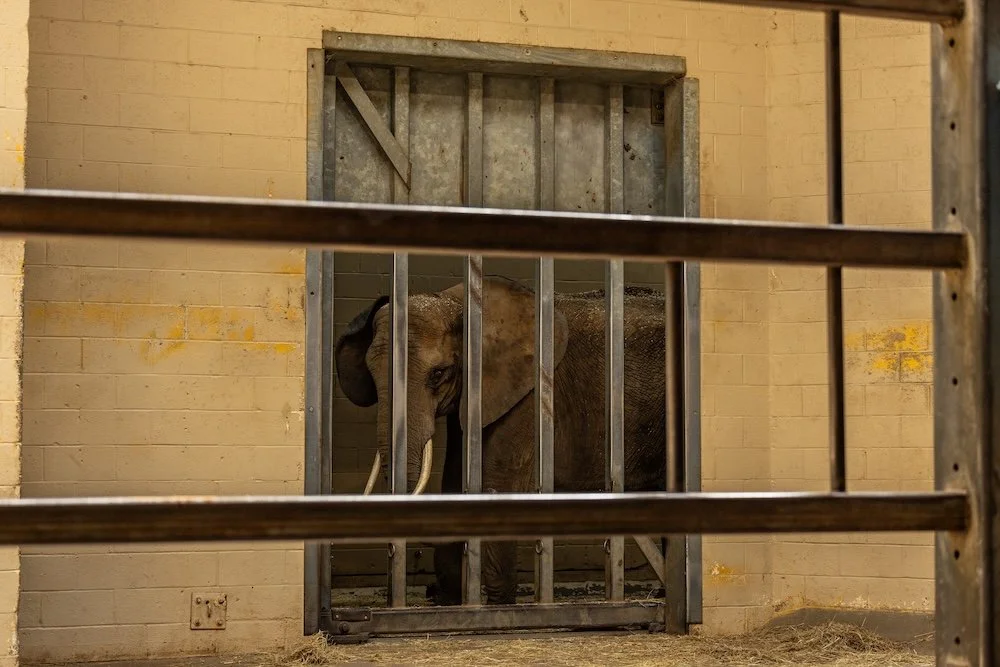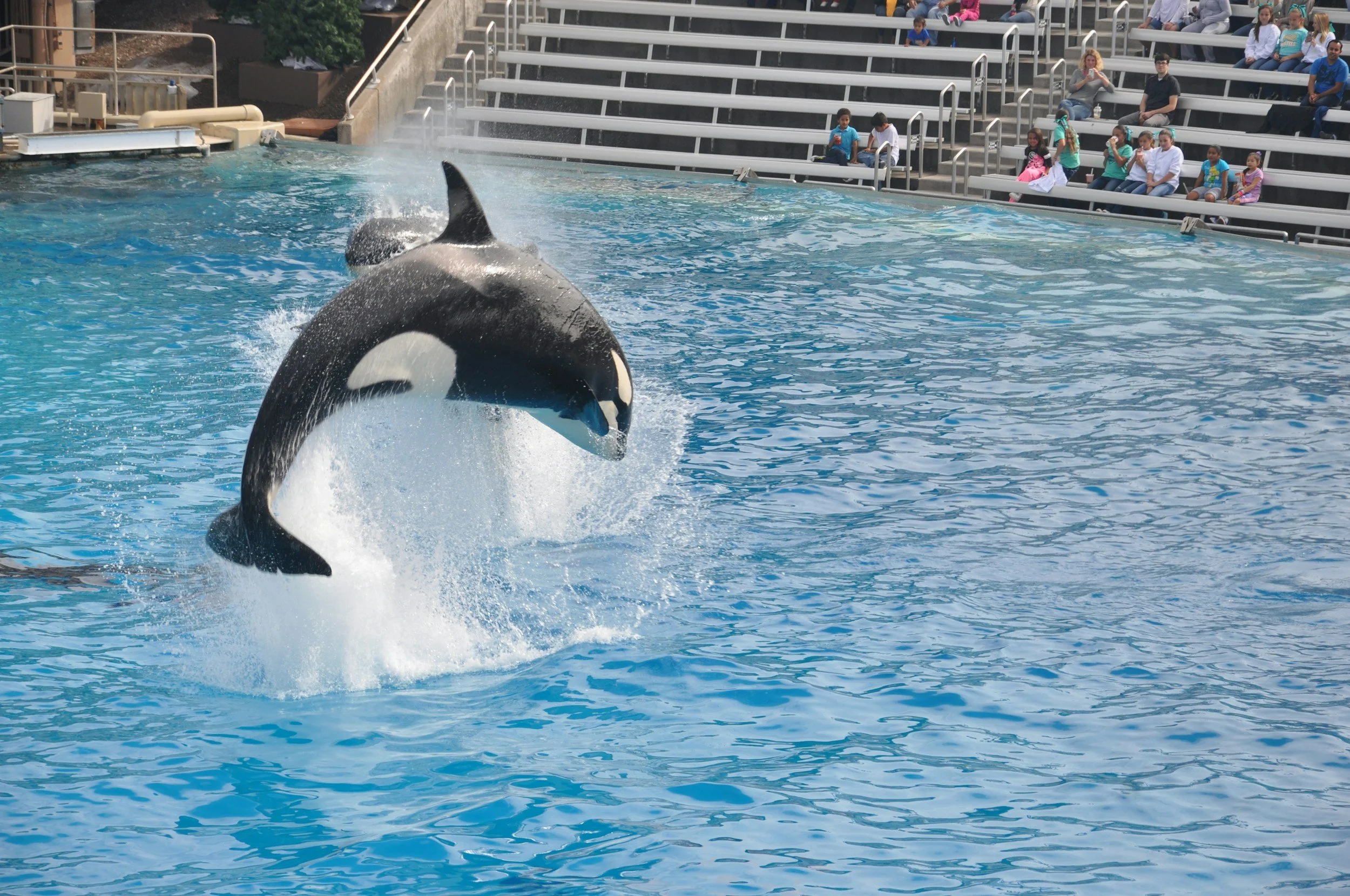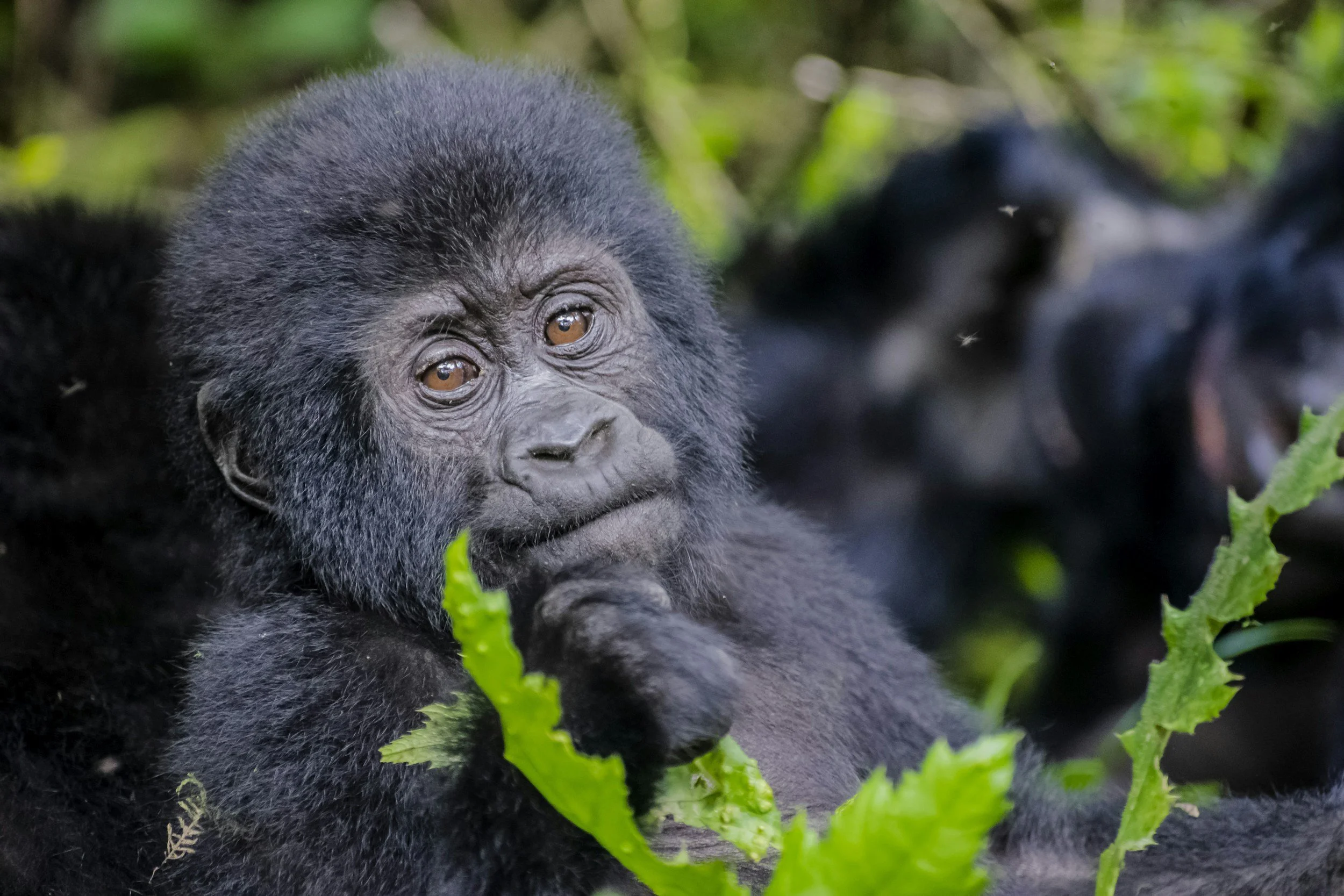Chick-fil-A To Allow Antibiotics in its Chicken Products
The fast food giant is ditching its “no antibiotics ever” label in a move that highlights the meat industry’s reliance on feeding antibiotics to farmed animals.
American fast-food giant Chick-fil-A has announced that it will now allow its restaurants to sell chicken that has been fed antibiotics.
The company had previously pledged to have “No Antibiotics Ever” in its meat supply, a policy which it first announced back in 2014 and then finally adopted in 2019.
However, Chick-fil-A has now issued a statement that reverses that policy, and confirms that it will shift instead to allow the use of antibiotics in its chicken supply starting in the Spring of 2024.
The use of antibiotics on US farms has become so widespread that Chick-fil-A claims that it was struggling to meet its supply of antibiotic-free chicken.
"As we looked to the future, the availability of high-quality chicken that meets our rigid standards became a concern," a spokesperson for Chick-fil-A told PEOPLE.
Just last year, Tyson Foods, which produces 1 in 5 pounds of all chicken, beef, and pork in the US, also reversed its “no antibiotics” pledge.
Like Chick-fil-A, Tyson Foods has switched from a No Antibiotics Ever (NAE) policy, to No Antibiotics Important To Human Medicine (NAIHM). This is in an attempt to appease serious ongoing concerns that the misuse of antibiotics in farmed animals is accelerating antibiotic resistance in humans.
And critics say that the increasing use of antibiotics also highlights low animal welfare standards. Nearly all livestock animals in the US are kept on factory farms, including chickens who are kept in tightly-packed spaces that often have unsanitary conditions and offer little-to-no access to the outside.
Credit: Andrew Skowron/We Animals Media
This makes factory farms a breeding ground for disease and illnesses, which can rapidly spread amongst densely populated livestock.
However, instead of improving living conditions, it is easier and cheaper for farmers to feed antibiotics to the animals to keep them alive.
Crucially, antibiotics also help promote growth within chickens, which means farmers can help accelerate the speed at which chickens can be big enough to slaughter. While the use of antibiotics solely to promote growth in healthy animals was banned in 2017, factory farming conditions are often so poor that antibiotics are needed to help keep chickens healthy. According to Tyson Foods, around half of US poultry farmers use some form of antibiotics.
Antibiotics on Farms and the Risks to Human Health
In fact, studies have shown that the use of antibiotics on farmed animals is set to increase in the next decade.
This global trend goes against the advice of the world’s leading health organizations, which have repeatedly warned about how the practise of routinely feeding drugs to farmed animals is accelerating the risk of human resistance to antibiotics.
According to the United Nations (UN), antibiotic-resistant bacteria is already increasing: at least 700,000 people die every year from drug-resistant diseases, and that number could increase to 10 million deaths annually by 2050 if no action is taken.
As well as the threat of antibiotic resistance, the use of drugs in farmed animals is also criticized for its link with cancer. Drugs like carbadox continue to be used in the industry, despite being noted for its carcinogenic properties and the potential for residues of the drug to remain in meat.
We Have A Favor To Ask…
Species Unite amplifies well-researched solutions to some of the most abusive animal industries operating today.
At this crucial moment, with worldwide momentum for change building, it’s vital we share these animal-free solutions with the world - and we need your help.
We’re a nonprofit, and so to keep sharing these solutions, we’re relying on you - with your support, we can continue our essential work in growing a powerful community of animal advocates this year.






